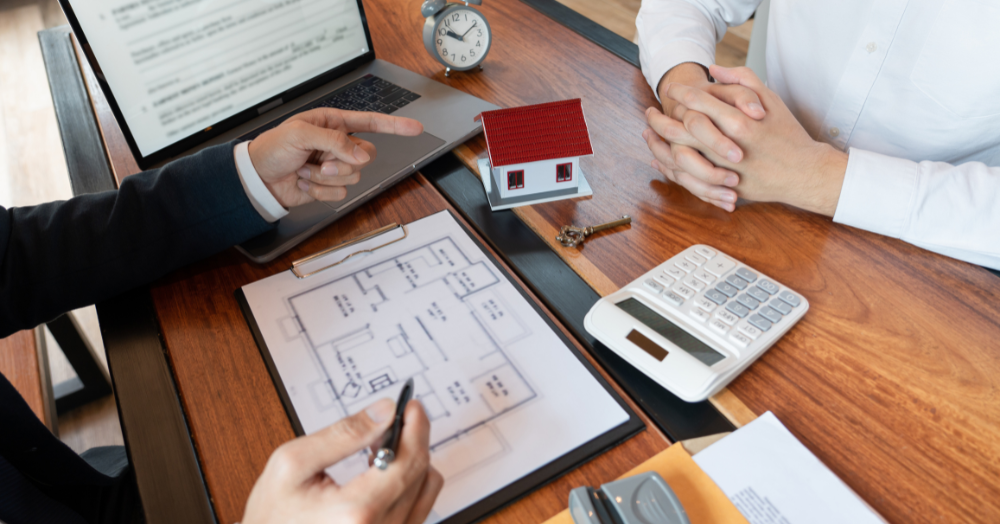If you're a buy-to-let investor, the pursuit of maximizing profits likely ranks high on your agenda. Whether you're an intentional landlord or view your rental property as a long-term investment, periodically reviewing your expenditures is a prudent practice to ensure you're not overspending.
When it comes to extracting profit from your rental property, it's essential to regularly analyze three key components:
1. Rental Costs
As a landlord, it may seem like you're constantly spending on various aspects of your property, from essential safety certificates to fixing leaks or replacing appliances. While these are necessary expenses, it's crucial to keep a meticulous record of every expenditure, including routine tasks like tidying up the garden between lets.
Typical outgoings for a landlord encompass mortgage fees, letting/management agent fees, license fees, landlord insurance, ICO registration, appliances, furnishings, safety checks, property maintenance, cleaning, gardening, personal administration, bookkeeping/accountant’s fees, and utility bills if applicable. Additionally, factor in an allowance for void periods between tenancies.
To minimize costs, regularly review and consider alternative options for services. Annual reviews of your mortgage can potentially lead to cost savings, and exploring different elements of landlord insurance could yield financial benefits. Investing in high-quality appliances, fixtures, and fittings can also reduce repair costs in the long run.
2. Rental Income
Controlling costs is only one side of the profitability equation; the other involves maximizing rental income. Keeping your property in top condition can enhance profits in several ways:
- Well-presented properties command higher rents.
- Properties in good condition tend to rent quickly, reducing void periods.
- A well-maintained property may have a higher market value when re-mortgaging, potentially leading to lower interest rates and mortgage payments.
Consider additional amenities like speedy Wi-Fi, pet-friendly policies, and parking spaces to attract tenants willing to pay higher rates. Regularly increasing rent in line with inflation helps maintain the value of your rental income over time.
3. Property Value
Maximizing rental income is one avenue for profit, but capitalizing on an increase in capital value is equally crucial. Regular maintenance and ensuring your property is well-presented can protect and enhance its value over time.
You don't necessarily have to sell to benefit from increased property value. Consider remortgaging onto a product with a lower loan-to-value and better interest rate or releasing equity for reinvestment or personal enjoyment.
In conclusion, running a buy-to-let property involves adhering to basic business principles. Stay on top of costs, not by cutting corners, but by ensuring you provide and receive good value. Offer a quality property in high demand that tenants will be delighted to call home for years to come.


